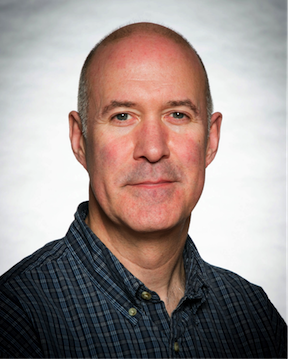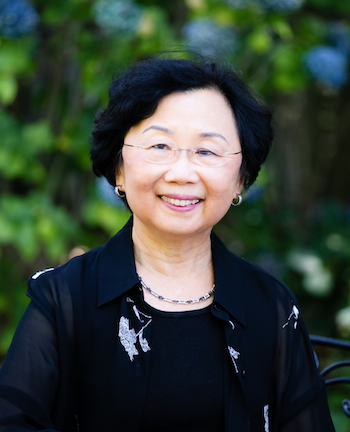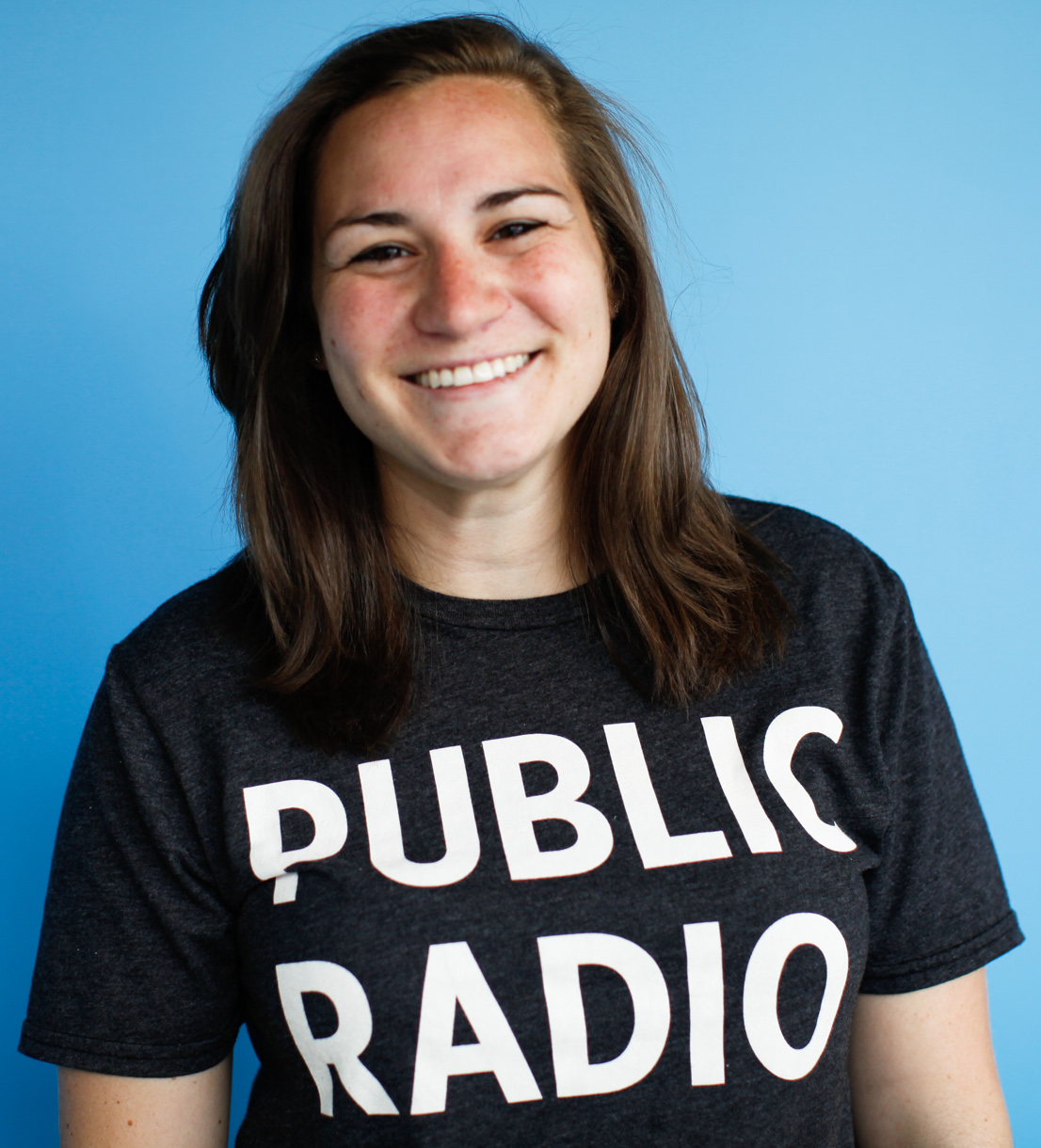One Company, Lots of Freedom
Career Story by John Nelson, PhD, Senior Principal Scientist at GE Global Research
I’ve heard from a lot graduate students that their impression of industrial research for scientists with an advanced degree is that it is controlling, stifling, and tedious. You are told what to work on. Well, I can tell you that for me, that cannot be further from the truth.
NIH Shark Tank: Swimming with Philanthropists
News Article by Tracey Baas, PhD, URBEST Executive Director
For the 2016 Annual NIH BEST meeting with all 17 awardee institutes converging in Bethesda, we were issued a challenge.
“You have been called by the leaders of NIH, NSF and BWF. They are currently in a meeting and want you to join them on a teleconference immediately and give a 5 minute or less pitch about your most creative strategy for sustainability. What will you say?”
The World of a Research-Scientist into the Sphere of a Scientist-Educator
Career Story by Ramil Sapinoro, PhD, Associate Professor of Pharmaceutical Sciences at St. John Fisher College
Emotional intelligence. Cultural competency. Flipping the classroom. Diversity and inclusion. Learning styles. I realized very quickly that the world of academia possessed its own set of terminology. My responsibilities as a teacher came with a steep learning curve to transition from the world of a research-scientist into the sphere of a scientist-educator. I was nervous that I would crash and burn. Upon some lengthy and deep contemplation, I realized that these worlds reflect and intersect one another; one contained within the other with myself in the center as the common denominator.
How to Pick an Advisor
News Article By Ryan Connor, PhD Candidate
The force is strong with this one – Darth Vader
So, you decided to go to graduate school, and now you need to decide on an advisor. Or, perhaps, you recently chose a mentor and are now wondering if you made a good (or a bad) choice. Fear not, I shall highlight what a number of professors and others have written with regards to how to pick a good thesis advisor.
UR Science Communicator Goes Public
News Article By Madeline (Maddie) Sofia, PhD, Assistant Producer at National Public Radio
During graduate school I fell in love with science communication and outreach. I firmly believe the ability of the scientific community to effectively and accurately communicate with the public, lawmakers, and media will shape the future of our global community. As scientists, we have a responsibility to the American taxpayers to keep them informed and engaged in our pursuits. Scientists who regularly engage with the public become better communicators, have access to alternative funding sources, and inspire the next generation of scientists. I felt called to help scientists become comfortable in front of different audiences, so that they could get other people interested and excited about their work.





